"Keep cheerful, mother": A note from the frontline in 1915
4-5 minute read
By The Findmypast Team | November 6, 2015
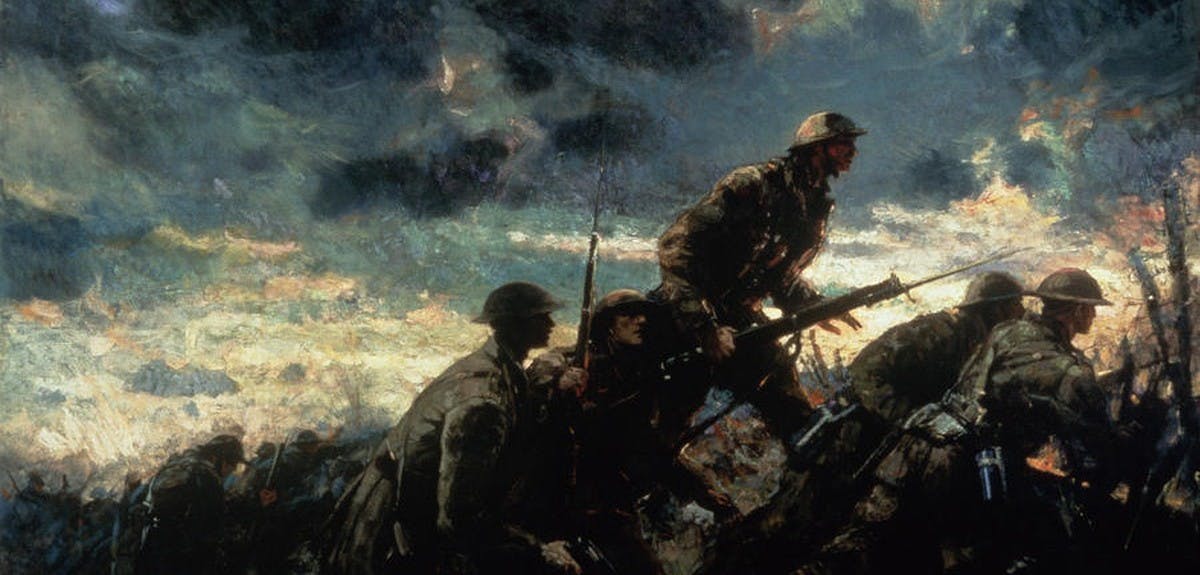
Those facing the coming war in 1939 must have thought back to the carnage of World War 1. It's hard to even imagine what it must have been like to have grown up in a world torn apart by war, to have watched while a generation was decimated, families were ripped apart and to face the likelihood of it all happening again.
So many of those who would soon be facing conscription would have grown up hearing about the people who didn't return the last time. There were those, especially after the age of conscription had been raised to 51, who had faced a world war twice.
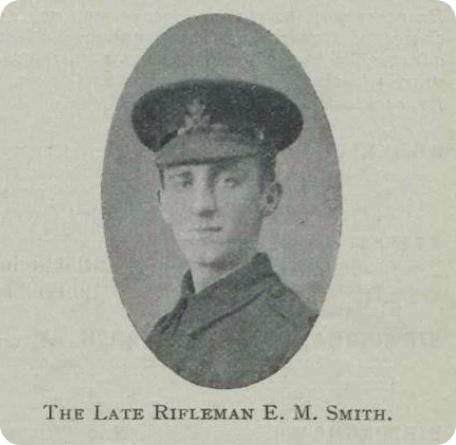
Supplied by the Modern Records Office, University of Warwick
"It's hard to even imagine what it must have been like to have grown up in a world torn apart by war, to have watched while a generation was decimated, families were ripped apart and to face the likelihood of it all happening again[](span)
"
On Findmypast you can find the stories of those who died in both those wars. People like young Ernest Malcolm Smith, a rifleman with the King's Royal Rifle, Corps 8th (Service) Battalion.
Rifleman Smith had joined up in 1914 at the age of just 19. His last letter home to his mother can be found in
our Trade Union Membership Registers. He wrote about a bombardment his battalion had faced at Hooge where they suffered heavy losses:
"The hellish monsters (the Prussian Guards are monsters compared to us lads – big sturdy men) are now using burning liquid against us. They spray it along the trenches; men, rifles, equipment and sand-bags with which the parapets are built, all suffer through it.
Our Battalion, which was in reserve, was called up, and at 2 pm the same day we bombarded the enemy's trenches until about 3pm. When our 7th charged to retake the trenches, we had to advance and carry out certain orders. I can't tell you what it was we had to do, in case this letter should fall into the hands of the enemy.
"The hellish monsters (the Prussian Guards are monsters compared to us lads – big sturdy men) are now using burning liquid against us.
[](span)
"
I, with eight other lads and a sergeant, lost connection with Mr. Molson and the rest of our platoon. Our sergeant led us forward in face of the enemy. Machine guns opened on our left and in front of us, in conjunction with rifle and shell fire, and literally mowed us down.
Our sergeant died a real hero's death. He had two shots in the neck, but he ignored them, and with one foot on a mound and the other on level ground he made a fine picture as he shouted above the roar of the guns for us lads to push on. Suddenly he turned, as if to walk back to safety and the dressing station, when I saw him draw a sharp breath and then collapse.
He was groaning a little as I crawled past him, and then he ceased breathing. He was riddled with bullets. He was about five paces off the trenches we were making for. He urged us lads on until the last, and never before have I seen such an exhibition of heroism, as he stood there giving orders in the face of a perfect hurricane of bullets.
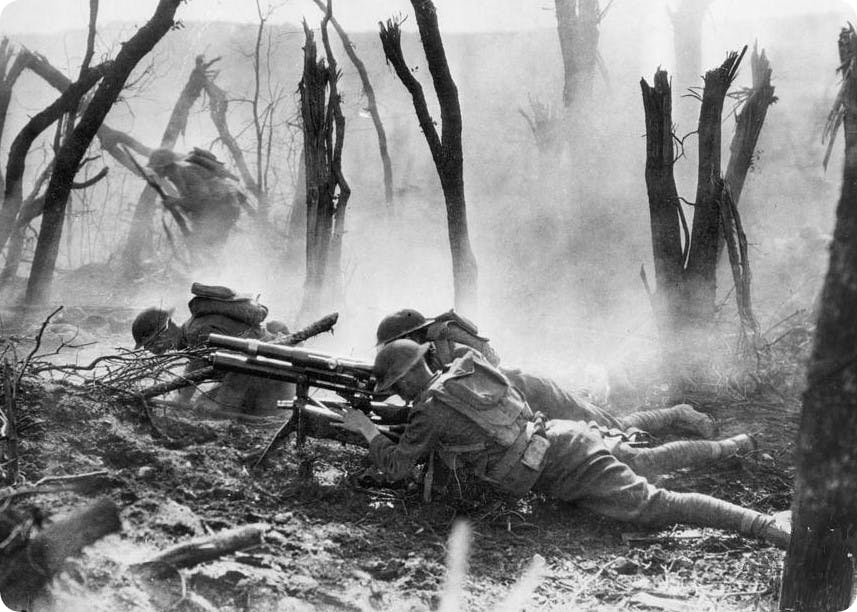
Out of the ten of No. I Platoon who faced that fire, only four got through to the trenches – I and three other lads. We stayed in the trench with some of the 'A' Company and under the command of an 'A' Company sergeant remained there for five and a half hours until it was dark enough for us to crawl out and get back to headquarters. Mr. Molson (lieutenant) was wounded. From what I can make out through conversation with the other lads, 'A' and 'B' Companies had orders to retire. The few that lost connection knew nothing of this order, so we went right on and reached the trench.
"Out of the ten of No. I Platoon who faced that fire, only four got through to the trenches – I and three other lads
[](span)
"
Mother, it was terrible. I have read of troops advancing through a shower of bullets, but it is the first time I have been through it and seen it. Men said their prayers that night who have not said them since they were children. Our officers are proud of us. We upheld the reputation of the 60th Rifles excellently; the regulars would praise us for the way we pushed forward against such odds had they seen us.
I was carrying my rifle at the trail when a bullet struck it just where my hand was; it splintered the wood, and how the bullet missed me I don't know. When I was in the trench a bullet struck the parapet, and a piece of the bullet hit me on the cheek. It bled for a minute or two but the mark is practically gone now. Mr. Molson being wounded has taken all the go out of us lads.
Keep cheerful, mother; it is no good being down-hearted, as it is only warfare, and we must thank God that we came safely through."
"Keep cheerful, mother; it is no good being down-hearted, as it is only warfare, and we must thank God that we came safely through
"
But Rifleman Smith's luck did not hold. A few days after he wrote this letter, reprinted in the Union paper, on 5th August, he suffered wounds to the head and back, and had his leg broken by shrapnel. He died of his wounds three days later.
Have you found your World War 1 ancestors in our records? Send your story to testimonials@findmypast.com
Learn how to get started with your military research
Related articles recommended for you
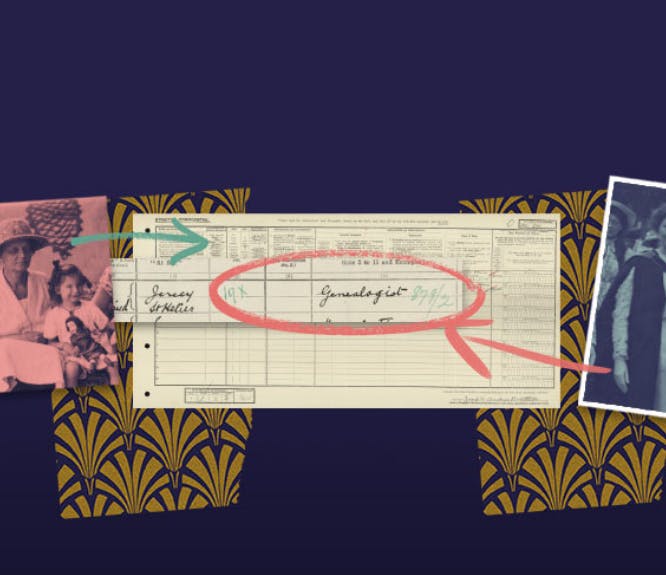
Genealogists in the 1921 Census of England and Wales: discover a profession that stands the test of time
History Hub
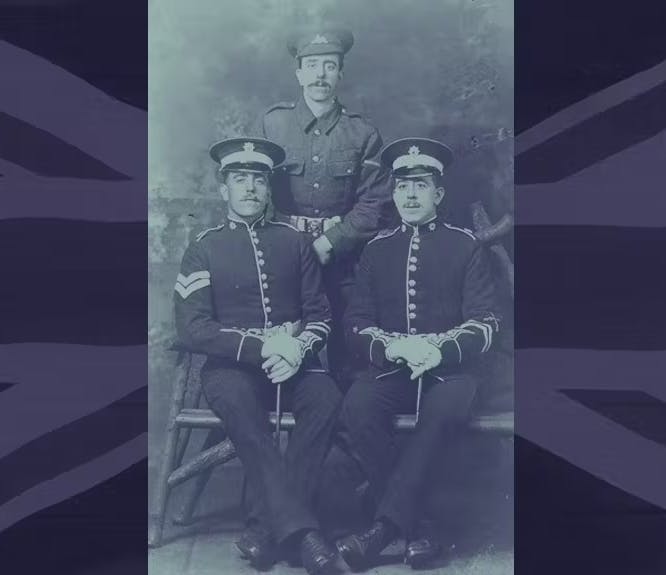
Five must-read books to discover more about the British Army during the First World War
History Hub
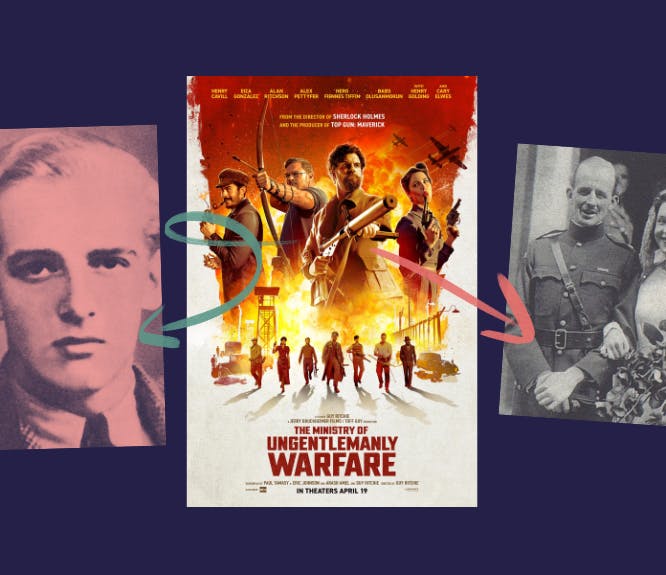
The incredible true story behind The Ministry of Ungentlemanly Warfare
History Hub

